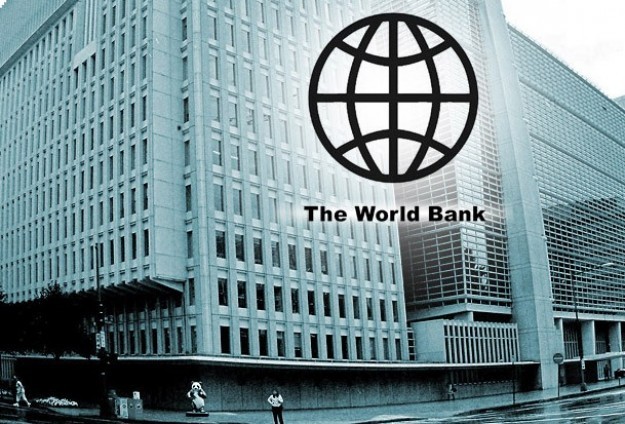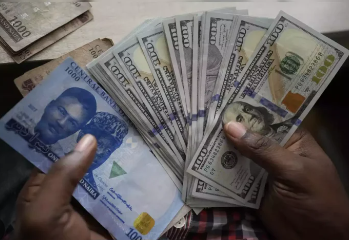The World Bank in its June 2017 Global Economic Prospects report has forecasted a 1.2 per cent growth rate in 2017, and the possibility of increasing to 2.4 per cent in 2018
According to the Brenton Woods institution, Nigeria’s Purchasing Managers’ Index for manufacturers returned to expansionary territory in April (Figure 2.6.1), indicating growth in the sector after contraction in the first quarter. Oil exports are rebounding in Nigeria on the back of an uptick in oil production from fields previously damaged by militants’ attacks.
The report also noted that the economic recession in Nigeria is receding as Nigeria’s GDP fell by 0.5 per cent in the first quarter of 2017, compared with a 1.7 percent contraction in the fourth quarter of 2016.
“Mining companies across the region are resuming production and exports. In contrast, current account balances have remained under pressure in a number of non-resource intensive countries.”
The World Bank also projected 2.6 per cent economic growth for the Sub-Saharan African region this year which would increase to 3.2 per cent in 2018.
It said, “Predicated on moderately rising commodity prices and reforms to tackle macroeconomic imbalances. However, per capita output is projected to shrink by 0.1 percent in 2017 and to increase to a modest 0.7 percent growth pace over 2018-19.
ALSO SEE: Senate accuses CBN, banks of strangulating SMEs
“Growth in South Africa is projected to rise to 0.6 percent in 2017 and accelerate to 1.1 percent in 2018. Growth in non-resource- intensive countries is anticipated to remain solid, supported by infrastructure investment, resilient services sectors, and the recovery of agricultural production.
“Ethiopia is forecast to expand by 8.3 percent in 2017, Tanzania by 7.2 percent, Côte d’Ivoire by 6.8 percent, and Senegal by 6.7 percent.”
The World Bank forecasts held that global economic growth will strengthen to 2.7 percent in 2017 as a pickup in manufacturing and trade, rising market confidence, and stabilizing commodity prices allow growth to resume in commodity-exporting emerging market and developing economies.
According to the bank, “Global financing conditions remain favorable and commodity prices have stabilized. Against this improving international backdrop, growth in emerging market and developing economies as a whole will pick up to 4.1 percent this year from 3.5 percent in 2016.
”Growth among the world’s seven largest emerging market economies is forecast to increase and exceed its long-term average by 2018. Recovering activity in these economies should have significant positive effects for growth in other emerging and developing economies and globally.

 Entertainment5 days ago
Entertainment5 days ago
 Health1 week ago
Health1 week ago
 Health4 days ago
Health4 days ago
 Football1 week ago
Football1 week ago
 Football1 week ago
Football1 week ago
 Crime4 days ago
Crime4 days ago
 Education6 days ago
Education6 days ago
 Crime1 week ago
Crime1 week ago













